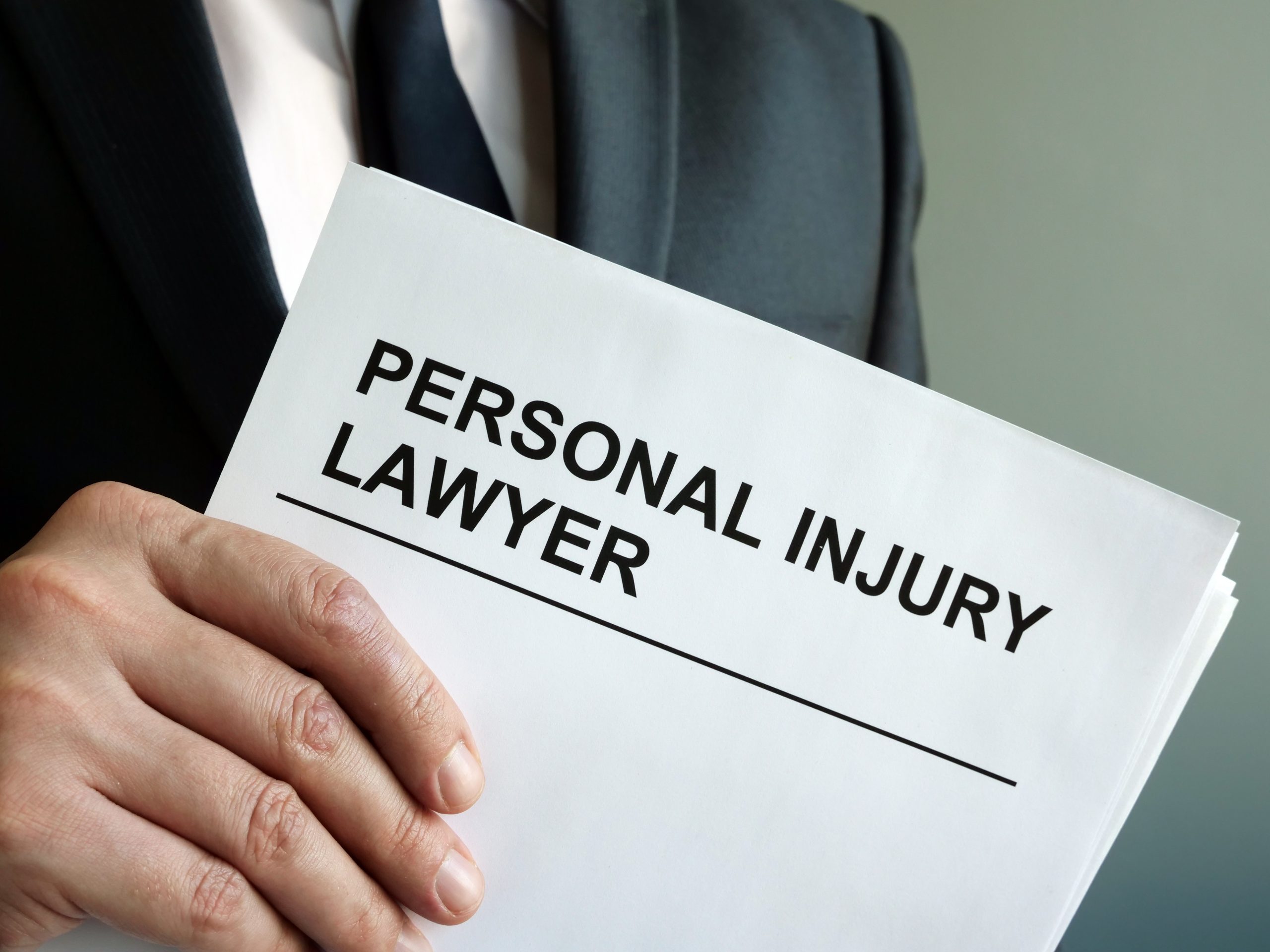
Mistakes You Might Want to Avoid When Filing a Personal Injury Claim
April 21, 2021
Is Risk-Free Legal Funding Too Good to be True?
April 22, 2021Security on a rented premise is vital to ensure that criminal activities do not occur within the property. You can be a victim of a crime due to negligent security measures when you least expect it, which can lead to personal injuries, rape, assault, or robbery.
In this case, you can sue the property owner for a security breach. For instance, Memphis apartment owners were sued for not providing enough security to tenants, where victims were seeking millions of dollars in compensation [source]. The owner of the premise should provide a place to live and limit any safety risks.
Prove for Security Negligence
A plaintiff needs to show that the manager or landowner didn’t provide enough warnings to prevent possible injuries. Warnings should be given when such incidents happen nearby so that the renter can take extra measures. The tenant also needs to prove that they were lawfully present on the owner’s property.
If there is a breach of the duty owed to the plaintiff, they can claim inadequate security, leading to injuries. Besides, the violations or damages would have been foreseeable and could be prevented. For instance, if the property is at high risk or there were break-ins previously, additional measures of security may be expected.
Still, some business premises require more security measures than others. These can include establishments such as dance night clubs, bars, and lounges. On the other hand, there is less probability of criminal acts for businesses like shopping centers and restaurants.
When a plaintiff files a case of security negligence, the court must consider some of these factors. It helps to determine whether the landowner had put in enough measures to prevent crime.
Security Responsibilities of Apartment Owners
Negligent security on any premise is a liability that can open up to various crimes and violent acts. It’s assumed that the property owner can stop or limit the likelihood of these acts by utilizing the right security measures. Some of the common security inadequacies can include:
- Insufficient lighting in dark areas around the premise
- Less security personnel to man the property
- Failure to install and monitor security cameras
- Negligence to maintain a clean appearance of the premise
If a tenant suffers injuries caused by security negligence inside an apartment, they can file a lawsuit against the landowner. With evidence of inadequate security measures, a tenant may be entitled to the damages they suffered. According to tort law, the damages can be rewarded as per the harm created. They can include hospital bills, lost wages, pain, or emotional distress.
However, adequate security may vary depending on the property. To prevent violent crimes, the owner can provide adequate lighting and security when guests are within the premises or patrols during working hours. They can also ensure the correct working of hardware security gadgets such as locks and restrict handing out duplicate keys.
Involving a Lawyer
A property owner can limit the possibility of injuries by providing appropriate security measures. They need to address any concerns in case of a foreseeable issue to prevent harm to tenants. Landlords can also purchase comprehensive general liability insurance to cover any damages that might happen. However, failure to provide adequate security could prove detrimental to an injured tenant.
Generally, you should always contact personal injury lawyers whenever a security lapse leads to damages or injuries. Your attorney will assist in determining whether security measures should be reinforced. Additionally, it may take some time to discover past concerns and issues. Hiring an attorney will help build a claim for your case. Besides, legal processes are more complicated to handle without an expert.
Author: Mark Scott

With a law degree under his belt and years of experience, Mark Scott set off to make the law more accessible to all. He decided to help people lost in the maze of legal terminology to find their way. Mark writes clear and concise pieces and gives simple advice that is easy to follow. On account of positive feedback from readers, he decided to dedicate more of his time to this goal and became a legal columnist. In his writings, Mark covers a wide array of topics, like how to seek legal counsel, or how to deal with different procedures. Furthermore, he directs his readers toward other trustworthy resources for more in-depth information.





